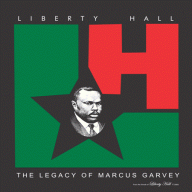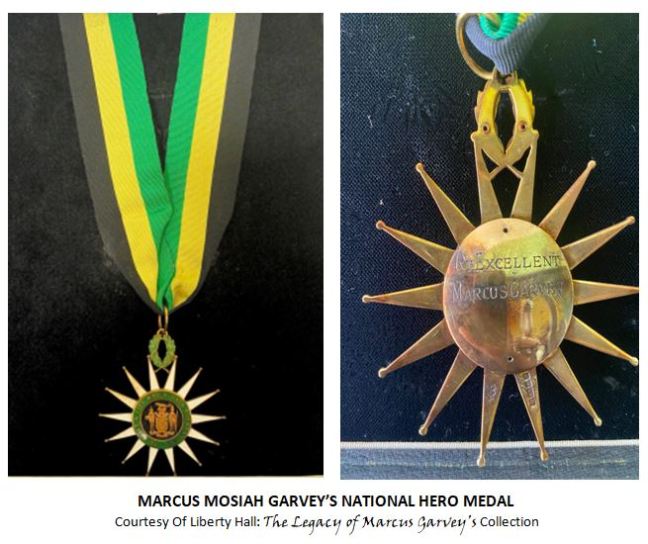A cradle is a place where something originates or is nurtured during its early life. So, when we say that Africa is the “cradle of humankind”, what we mean is that humanity began in Africa.
In 1974, the fossil of a species called Australopithecus Afarensis was discovered in Ethiopia: it dates back to 3.5 million years ago. It is one of the longest-lived and best-known early human species. The species had both ape and human characteristics: members of this species had apelike face proportions (a flat nose, a strongly projecting lower jaw) and braincase (with a small brain, about 1/3 the size of a modern human brain), and long, strong arms with curved fingers adapted for climbing trees. They also had small canine teeth like all other early humans, and a body that stood on two legs and regularly walked upright. Their adaptations for living both in the trees and on the ground helped them survive for almost a million years, which is over four times as long as our own species has been around, as climate and environments changed.
The most famous Australopithecus Afarensis was “Lucy”, mainly due to her age and the relative completeness of her skeletal remains. She was discovered by a team lead by paleoanthropologists, Donald Johanson, Maurice Taieb and Yves Coppens. Lucy was nicknamed the night she was discovered while Johanson’s team celebrated to the Beatles’ hit “Lucy in the Sky with Diamonds.” Her Ethiopian name ‘Dinknesh’ is the Amharic term for ‘You are marvelous.’
The oldest known skull of a homo sapien or modern human was discovered in Ethiopia and is dated 233,000 years old. The skull is called Omo I. The flatness of the face, along with the prominent chin and high forehead was what made this skull distinctly modern and close to that of humans.










